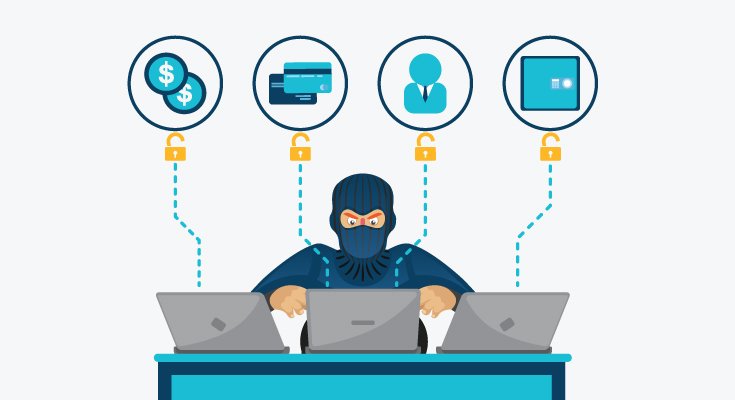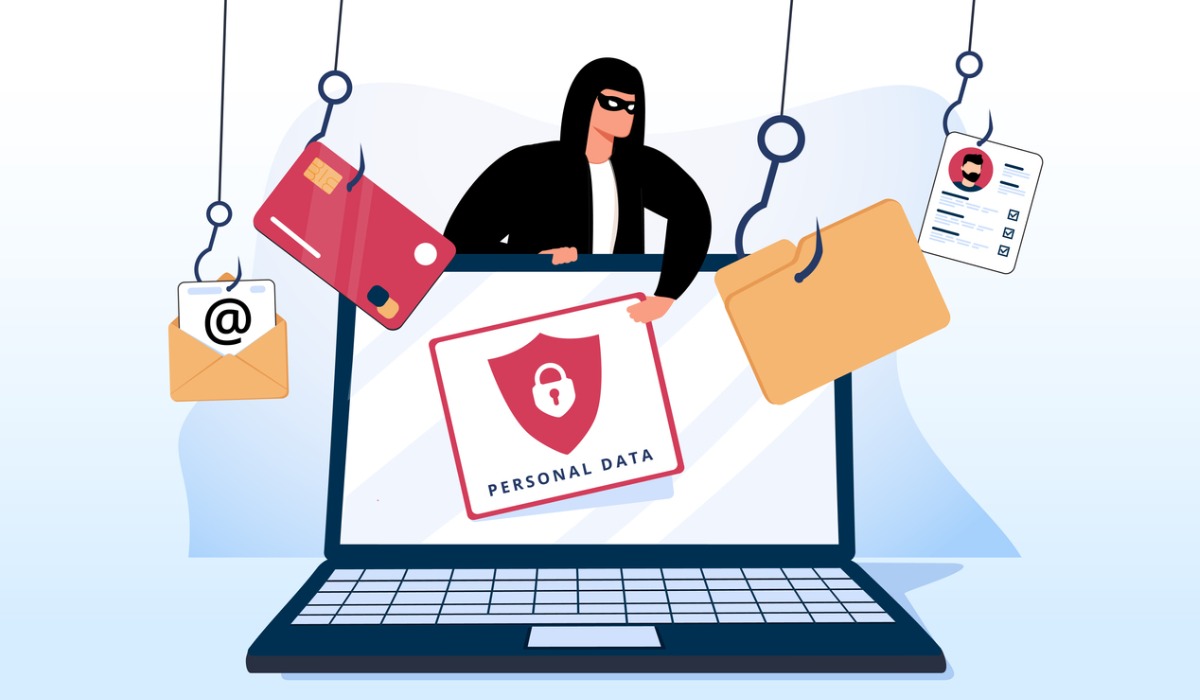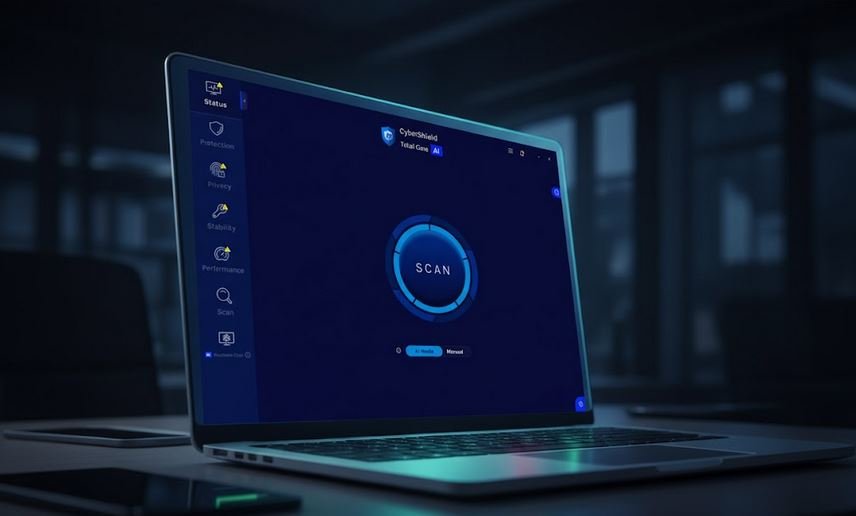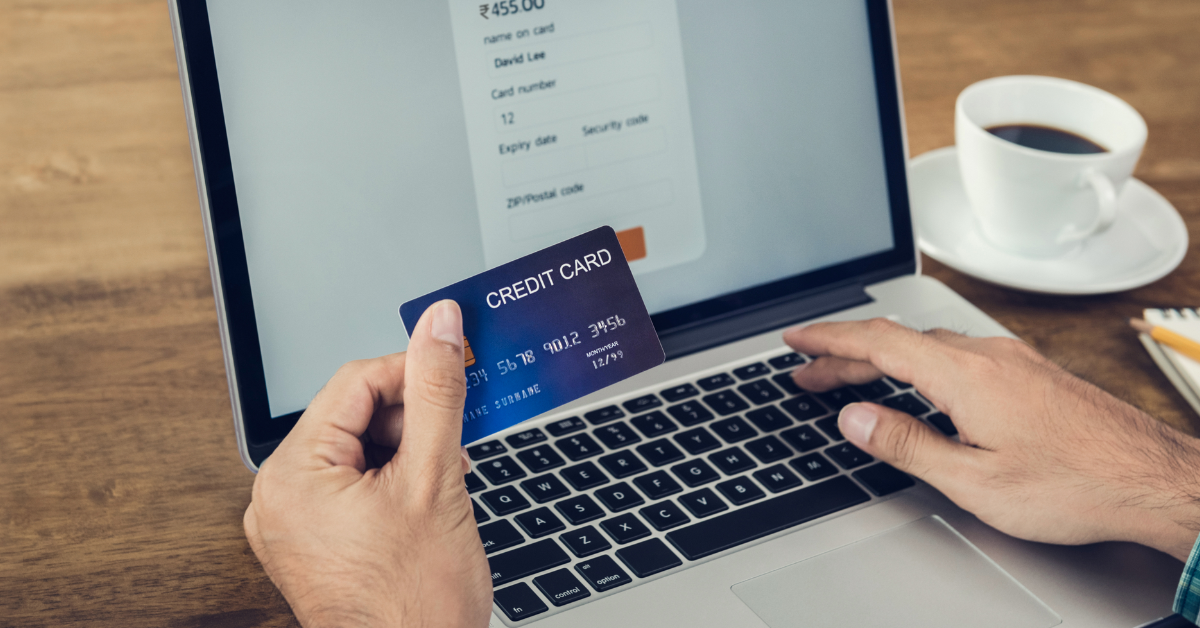
How to Identify and Prevent Identity Theft
In today’s increasingly connected world, identity theft has become one of the most common — and costly — forms of cybercrime. Criminals are constantly finding new ways to steal personal data and misuse it for financial gain, impersonation, or fraud. Whether it’s through a phishing email, a data breach, or a lost wallet, identity theft can happen to anyone. But the good news is that awareness and prevention can go a long way toward keeping your information safe.
Identity theft happens when someone uses your personal or financial information without permission — such as your name, credit card number, or Social Security number — to commit fraud. The consequences can be severe: victims may face damaged credit, unauthorized loans, or even criminal charges under their stolen identity.
Common types of identity theft include:
Financial Identity Theft: Using stolen information to access or open bank accounts, make purchases, or take out loans.
Medical Identity Theft: Using someone’s insurance details to obtain medical services or prescriptions.
Tax Identity Theft: Filing fraudulent tax returns to claim refunds.
Criminal Identity Theft: Using another person’s name during an arrest or investigation.
Social Media Identity Theft: Creating fake profiles or impersonating others online to scam or deceive followers.
Catching identity theft early can help you limit the damage. Be alert for these warning signs:
Unauthorized charges or withdrawals on your accounts.
Unexpected bills, medical statements, or debt collection notices.
A sudden drop in your credit score.
Missing postal mail, especially financial statements or tax forms.
Emails or calls about accounts or transactions you didn’t initiate.
Being denied credit, even if you have a solid financial history.
If you notice any of these, take action immediately — the longer identity theft goes undetected, the harder it becomes to resolve.
Protecting your identity requires a mix of smart digital habits, secure technology use, and cautious personal behavior. Here’s how to safeguard yourself:
Use complex, unique passwords for each account — mix letters, numbers, and symbols.
Turn on multi-factor authentication (MFA) for your online accounts.
Install reputable antivirus and anti-malware software on your devices.
Keep your operating system, browser, and apps updated to close security gaps.
Avoid sharing personal details (like your birthday or address) publicly on social media.
Don’t carry unnecessary documents, such as your Social Security card, in your wallet.
Shred physical mail or papers containing sensitive data before throwing them away.
Verify any requests for personal information — legitimate organizations won’t ask for private details via text or email.
Use HTTPS websites and secure payment methods (like PayPal or virtual cards) when shopping online.
Avoid using public Wi-Fi for online banking or shopping. If necessary, use a VPN for a secure connection.
Regularly monitor your bank and credit card statements for unusual activity.
Consider freezing your credit reports to prevent unauthorized credit applications.
Lock your phone with a PIN, fingerprint, or facial recognition.
Avoid installing apps from unknown sources.
Turn off Bluetooth and location services when not needed.
Enable remote tracking and wiping features in case your phone is lost or stolen.
Think twice before clicking links or downloading attachments from unknown senders.
Watch out for urgent or threatening messages claiming to be from your bank or government agencies.
Verify suspicious messages through official contact channels before responding.
If you suspect that your identity has been stolen, act fast:
Contact your financial institutions immediately to freeze accounts and dispute fraudulent charges.
Change all your passwords and enable two-factor authentication on all critical accounts.
Report the theft to your local authorities and national identity theft reporting center (such as the FTC in the U.S.).
Notify credit bureaus to place a fraud alert or credit freeze on your file.
Keep detailed records of all communications and recovery steps.
Monitor your credit regularly for new or suspicious activity.
Here are a few more areas to focus on for comprehensive protection:
Social Engineering Awareness: Learn to spot manipulation tactics where criminals trick you into revealing information.
Workplace Data Security: Don’t share passwords or access codes with colleagues unless required.
Email Hygiene: Use separate email addresses for banking, shopping, and subscriptions.
Children’s Identity Protection: Teach kids not to share personal details online, as child identity theft is rising.
Disaster Preparedness: Keep digital backups of important documents in secure cloud storage.
Identity theft is a growing threat, but with vigilance and proactive security habits, you can dramatically reduce your risk. Think of your personal information as your digital fingerprint — protect it as carefully as you would your physical belongings. The more layers of protection you build, the harder it becomes for criminals to exploit your identity.
 Like
0
Like
0
 Dislike
0
Dislike
0
 Love
0
Love
0
 Funny
0
Funny
0
 Angry
0
Angry
0
 Sad
0
Sad
0
 Wow
0
Wow
0